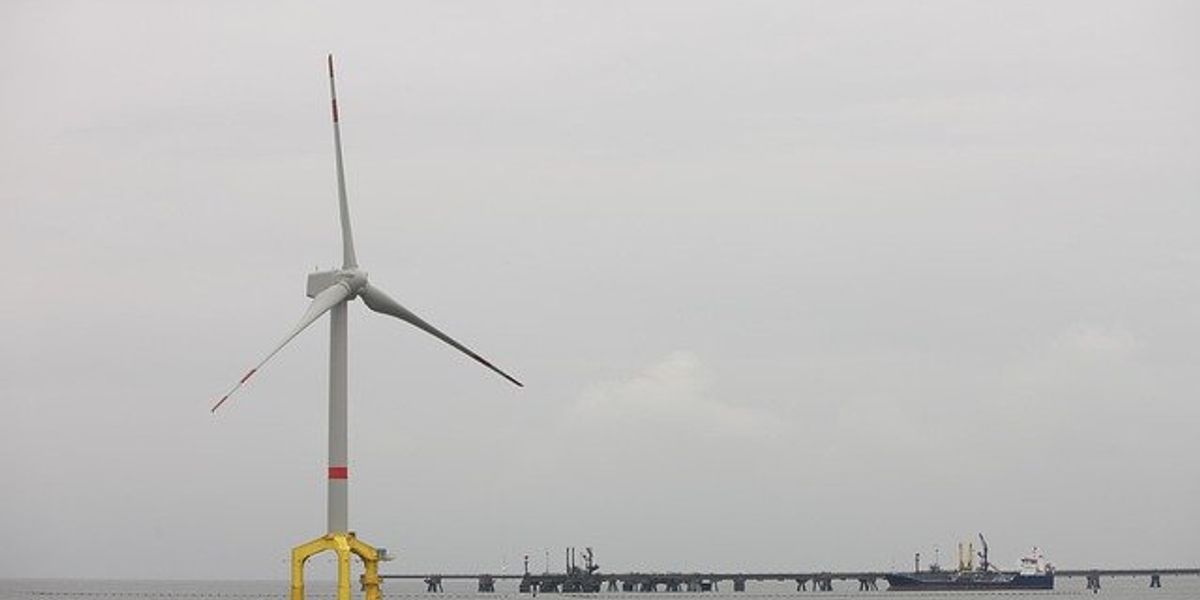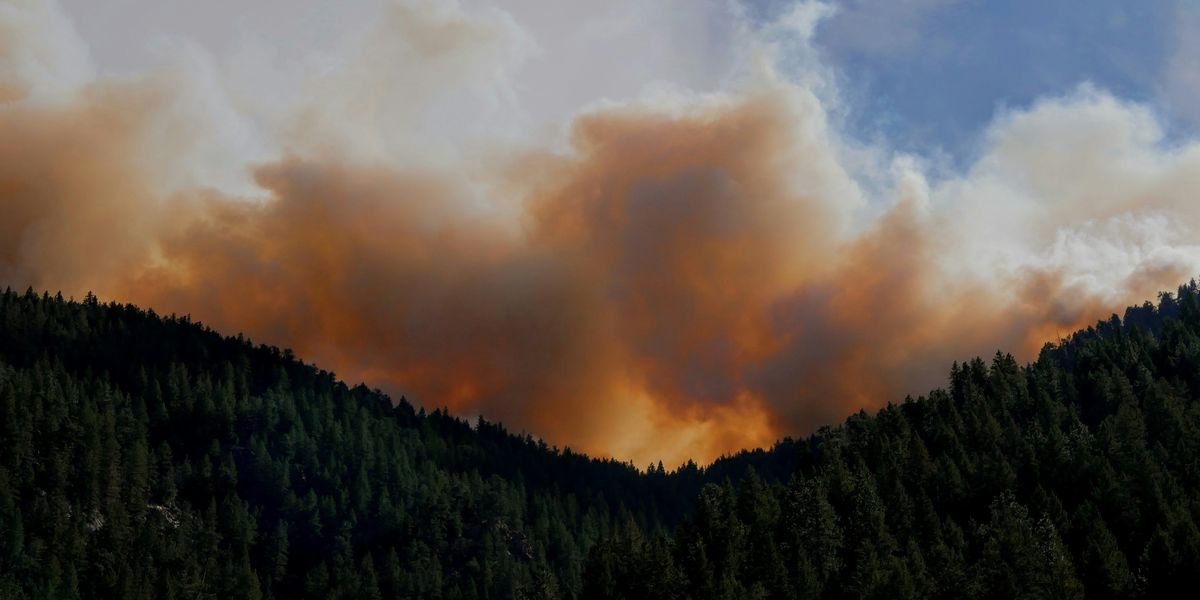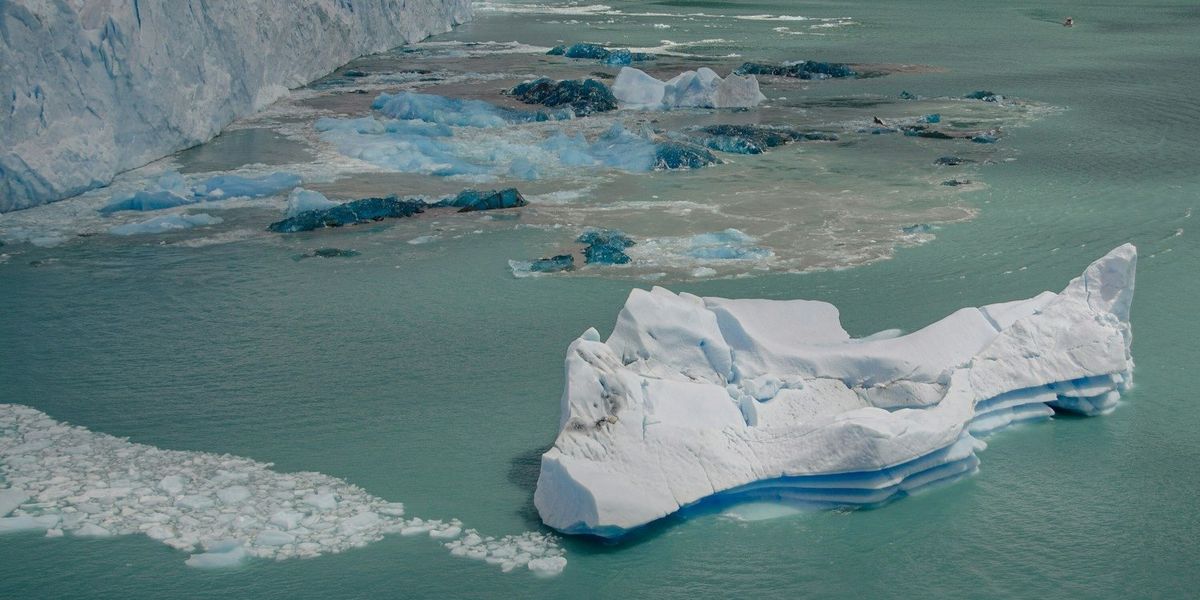carbon credits
Company’s attempt to improve African communities with cookstoves fails to meet promises
C-Quest Capital's program to distribute cleaner cookstoves across Mozambique, intended to reduce emissions and improve lives, has fallen short, with many stoves unused or broken, raising concerns about the credibility of carbon credits generated by the project.
In short:
- C-Quest Capital's cookstove distribution in Mozambique faced issues with stove durability, leading many to revert to traditional cooking methods.
- The company's claims of widespread stove use and resulting carbon credits are questioned due to poor monitoring and inaccurate usage data.
- A shift in company management has revealed potential wrongdoing by the former CEO, leading to the suspension of related carbon credit projects.
Key quote:
“This is clearly not the best they could do.”
— Victoria Jose Arriscado, cookstove recipient in Mozambique
Why this matters:
The failure of projects like C-Quest’s undermines trust in the carbon credit market, a critical tool in global efforts to combat climate change. Poor execution not only fails to deliver promised environmental benefits but can also worsen conditions for the communities they aim to help.
Related:
Carbon credit schemes profit from protected Amazon lands
A Washington Post investigation reveals that many carbon credit projects in the Brazilian Amazon illegally use protected public lands and fail to share profits with local communities.
Terrence McCoy, Júlia Ledur and Marina Dias report for The Washington Post.
In short:
- Many carbon credit ventures in the Amazon overlap with publicly protected lands, generating millions in profits illegally.
- Companies buying these credits include Netflix, Delta and Air France, with projects covering an area six times the size of Maryland.
- Brazilian authorities are starting to investigate, uncovering fraud and improper land claims.
Key quote:
“The system is very gameable. And the victim is the planet and all of humanity who suffers because we’re not reducing emissions, but get to pretend we are.”
— Joseph Romm, climate researcher at the University of Pennsylvania
Why this matters:
The misuse of protected lands for carbon credits undermines efforts to combat climate change and defrauds local communities. This corruption in carbon credit markets could hinder global efforts to reduce carbon emissions effectively.
International carbon credits lead to mangrove restoration in Senegal but raise social equity concerns
A $4.4-million carbon offset project funded by multinational companies restored mangroves in Senegal, but local workers saw minimal financial benefit despite doing much of the work.
In short:
- Restoration efforts, funded by carbon credits from European companies, helped revive Senegal's mangroves, benefiting local ecosystems and economies.
- Despite their crucial role in the project, local workers received low wages and were not informed about the origins of the funding.
- Critics argue that carbon offset projects often exploit local communities, providing little financial transparency and minimal involvement in project design.
Key quote:
"We know it’s the NGOs and their partners who are earning millions. Not us."
— Hélène Sonko, local worker
Why this matters:
Mangroves, known for their ability to sequester large amounts of carbon, provide an invaluable buffer against coastal erosion and support biodiversity. However, this ostensibly win-win situation belies a stark disparity in benefits. Despite their pivotal role in the restoration efforts, local workers have reaped minimal financial rewards. While corporate backers tout the project's environmental success, the economic uplift for the community remains disappointingly scant.
BP's carbon credits questioned for lack of real climate benefit
A satellite analysis revealed that Finite Carbon, a BP-owned company, sells carbon offsets for forests that are not at risk of deforestation, raising concerns about their true climate impact.
Luke Barratt reports for SourceMaterial in partnership with Miranda Green reporting for Floodlight.
In short:
- Finite Carbon, responsible for a significant portion of U.S. carbon credits, faces criticism for selling offsets on trees unlikely to be cut down.
- Experts found that 79% of credits from key projects, valued at $334 million, should not have been issued.
- The analysis highlights systemic flaws in California’s cap-and-trade system, allowing companies to exploit offset protocols.
Key quote:
“We don’t think that the project should have been allowed to proceed and earn credits.”
— Elias Ayrey, head scientist at Renoster
Why this matters:
Carbon offsets are intended to reduce net emissions, but flawed credits undermine this goal, allowing continued pollution.
Solomon Islands tribes generate income by selling carbon credits
In the Solomon Islands, Indigenous tribes are leveraging the lucrative carbon credit market to sustainably protect their ancient rainforests from logging while funneling vital income to their communities.
In short:
- Several Solomon Islands tribes have united to form the Babatana Rainforest Conservation Project, preserving their forests and selling carbon credits internationally.
- The project includes verified protected areas and employs local tribespeople as rangers, enhancing biodiversity and environmental stewardship.
- The initiative provides significant economic benefits to the tribes, supporting community developments like education and infrastructure.
Key quote:
"If we misuse or destroy this land, we will not have any other,"
— Linford Pitatamae, leader of the Sirebe tribe
Why this matters:
Natural habitats play a significant role in the carbon market because of their ability to sequester carbon naturally. By valuing the carbon stored in these ecosystems, the market incentivizes their preservation. For example, a forest that might otherwise be cleared for agriculture could be maintained as a carbon sink. The revenue from selling carbon credits can make conservation financially viable for landowners and communities, providing an economic alternative to destructive practices like deforestation.
Fixing the flawed carbon offset market with a new approach to coal plant shutdowns
Amid growing scrutiny over the effectiveness of carbon offsets, a major philanthropic organization announces a groundbreaking plan to authenticate their impact by phasing out coal plants in Asia.
In short:
- The carbon offset market is in disarray, with many credits failing to effectively counteract emissions as claimed.
- The Rockefeller Foundation is launching an initiative to create credible offsets by closing down coal plants in Asia.
- This effort aims to provide verifiable environmental benefits and support for communities affected by plant closures.
Key quote:
“There has been a lot of sloppy thinking [in the offset industry]. It has lead to bad practices and over crediting.”
— Joseph Curtin, managing director, Rockefeller’s Power and Climate Team
Why this matters:
A robust offset market can provide the financial mechanisms needed to transition to cleaner energy sources. Strengthening the market could help accelerate the retirement of coal plants by ensuring that investments in offsets lead to permanent reductions in greenhouse gases, thus contributing more effectively to the fight against climate change.
“Carbon Cowboys” chasing emissions offsets in the Amazon keep forest-dwelling communities in the dark
Indigenous and traditional groups in the forest are rarely consulted about carbon credit projects they see as the latest gold rush on their lands, and question the community and climate benefits the projects promise.



















